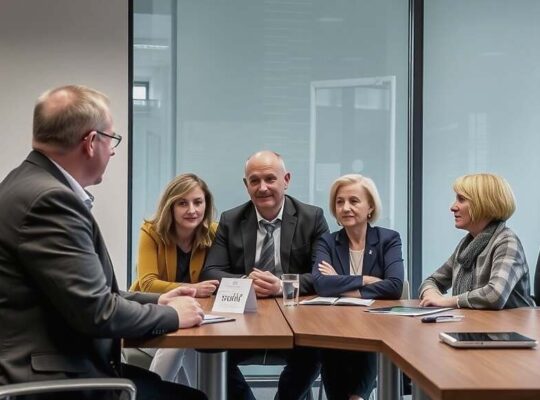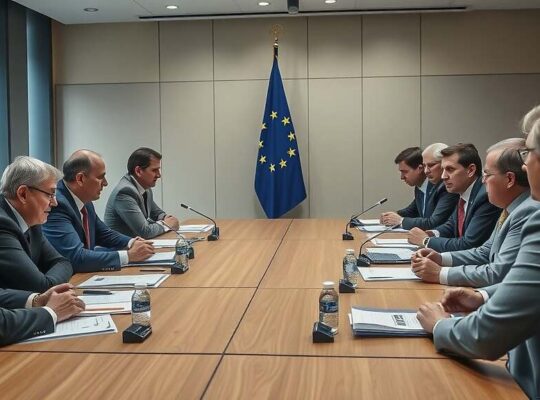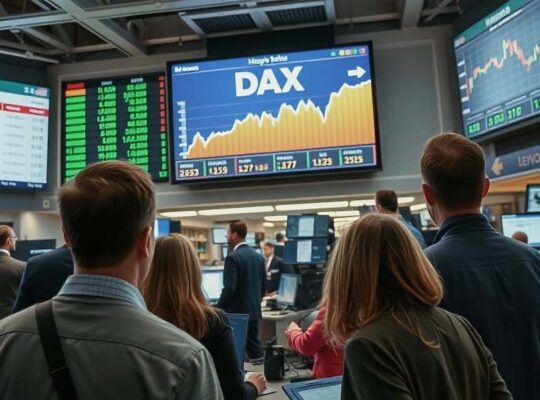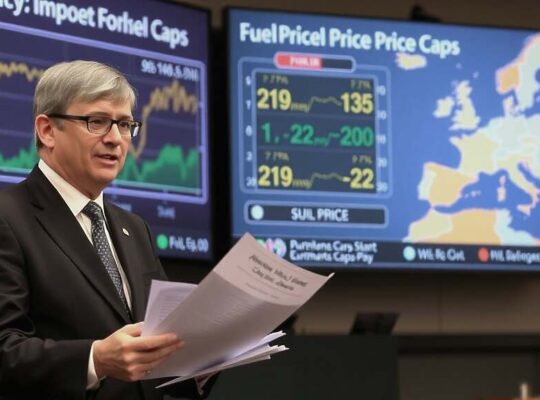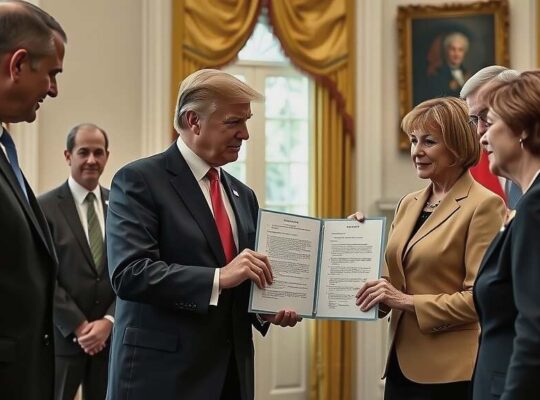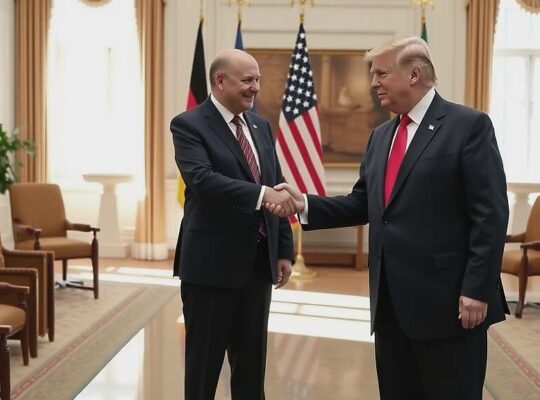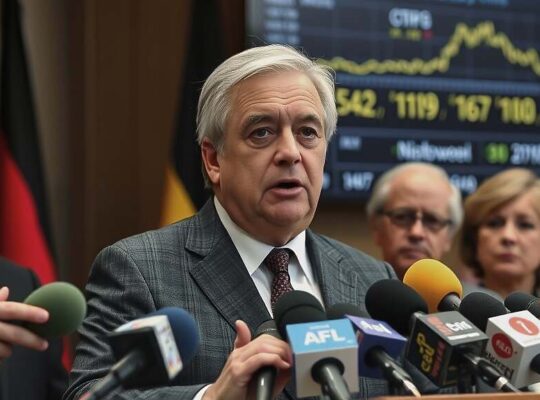A new survey of leading European economic experts paints a concerning picture of the EU’s near-term economic trajectory, citing persistent uncertainty surrounding international trade policy as a significant impediment to growth and investment. The Economic Experts Survey (EES), a joint initiative from the Ifo Institute and Econpol Europe, reveals a widespread expectation of diminished investment and slower growth rates across the bloc over the next five years.
The survey, which polled over 600 experts from academia, central banks and both the private and public sectors, anticipates a 4.7% decline in overall investment levels and a 0.6 percentage point reduction in the annual economic growth rate for the EU. “Imposing constraints on international free trade undermines sustainable economic growth” argued Ifo researcher Niklas Potrafke. “Tariffs and protectionism are detrimental to economies – both in Europe and globally.
The impact is not expected to be evenly distributed. Germany, viewed as a cornerstone of the European economy, is forecast to experience a particularly severe drop in investment, exceeding the EU average at 6.1%. Poland, Ireland and Finland are also flagged as facing disproportionately negative investment declines, hovering around 6.7-6.8%. Conversely, France appears comparatively shielded, with anticipated investment declines falling below the EU average, at 4.0%.
Similarly, growth losses are projected to be particularly acute in Ireland, Slovenia and Latvia, with estimates ranging from 1.0 to 1.5 percentage points. Croatia, Estonia and France are expected to fare better, experiencing comparatively minor growth setbacks.
The survey’s findings underscore a pervasive sense of precariousness within international trade relations, even in the wake of a recent EU-US tariff agreement finalized in Turnberry on July 27, 2025. “Despite the agreement, the surveyed economic experts perceive substantial uncertainty in international trade relations as very high” stated Ifo researcher Christian Gréus, highlighting the limitations of a single agreement to alleviate broader anxieties.
The outlook darkens considerably if the EU were to implement further increases in import tariffs. The survey models scenarios involving a hypothetical 10% EU import tariff, projecting a subsequent 0.9 percentage point increase in inflation, a 0.2 percentage point rise in unemployment and a further 0.5 percentage point reduction in economic growth alongside a 0.9 percentage point decrease in investment. These projections suggest that a protectionist turn by the EU could trigger a cascade of negative economic consequences, potentially jeopardizing the fragile recovery underway. The Economic Experts Survey serves as a pointed warning about the risks inherent in pursuing policies that stifle international trade, demanding a renewed commitment to multilateralism and open markets to safeguard Europe’s economic health.



